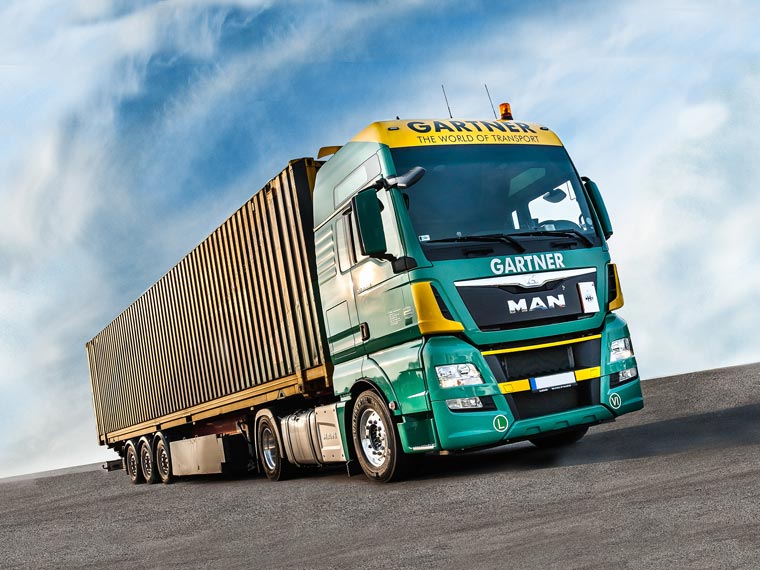In today's interconnected world, maritime transportation plays a pivotal role in global trade. Ships, ranging from massive container vessels to specialized carriers, transport an extensive array of goods and cargo across the seas. This article aims to provide a comprehensive overview of the various types of goods and cargo transported by sea, highlighting their significance and impact on international commerce.
- Containerized Goods:
Containerization revolutionized the shipping industry, enabling the efficient transport of a wide range of goods. From consumer electronics and clothing to machinery and automotive parts, containers carry an immense variety of products. The standardization of container sizes and the development of specialized container ships have streamlined global supply chains, facilitating the movement of goods between continents. - Bulk Commodities:
Bulk cargo, such as coal, iron ore, grains, and petroleum, constitutes a significant portion of seaborne trade. These commodities are transported in large quantities, either in bulk carriers or specialized vessels. Bulk cargo plays a crucial role in supporting industries like energy, agriculture, and manufacturing, ensuring the availability of essential resources worldwide. - Liquid Cargo:
Liquid cargo encompasses a diverse range of products, including crude oil, liquefied natural gas (LNG), chemicals, and edible oils. Tankers, specifically designed to transport liquids, are vital for the global energy market and chemical industry. The safe and efficient transportation of these hazardous or valuable liquids requires adherence to strict regulations and specialized handling procedures. - Refrigerated Goods:
Refrigerated cargo, commonly known as "reefer" cargo, refers to perishable goods that require temperature-controlled transportation. This category includes fresh produce, seafood, pharmaceuticals, and other temperature-sensitive products. Reefer vessels equipped with advanced cooling systems ensure the integrity and freshness of these goods throughout their journey. - Specialized Cargo:
Certain goods require specialized vessels or equipment for transportation. This category includes oversized cargo, such as heavy machinery, vehicles, and even entire structures like oil rigs. Roll-on/roll-off (RoRo) vessels and heavy-lift ships are designed to handle these unique cargoes, ensuring their safe delivery to destinations worldwide.
Conclusion:
The world of maritime transportation is a complex and dynamic ecosystem, facilitating the movement of goods and cargo across vast oceans. From containerized goods and bulk commodities to liquid cargo, refrigerated goods, and specialized cargo, each category serves a crucial role in global trade. Understanding the diverse nature of goods transported by sea is essential for businesses, policymakers, and individuals involved in international commerce.
